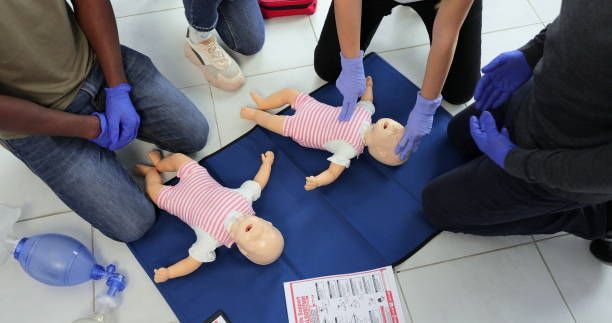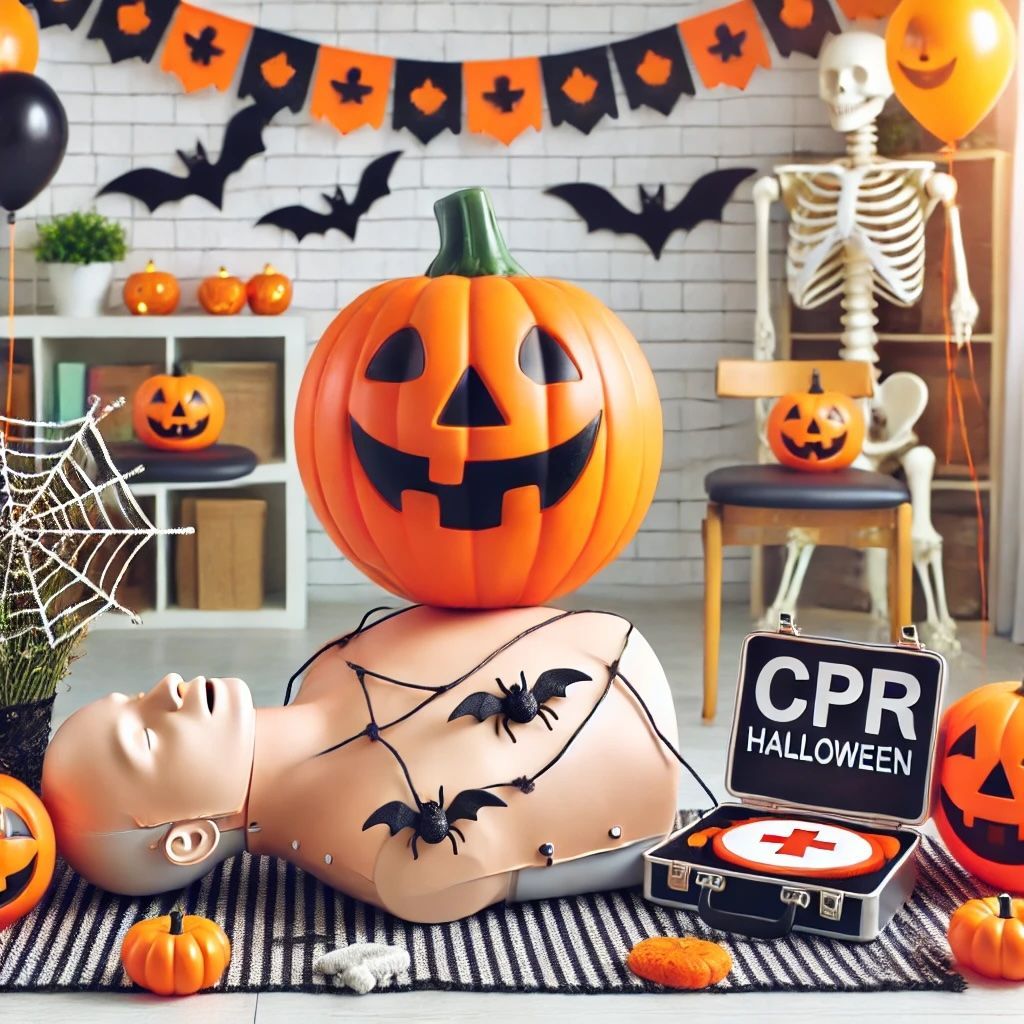The Ultimate Guide to Teen Babysitters: CPR Essentials

Introduction:
Babysitting can be both an incredibly rewarding and challenging experience, especially for teenagers who are just starting. While caring for children involves a range of responsibilities, safety should always come first. One crucial skill every teen babysitter should possess is CPR (Cardiopulmonary Resuscitation). In this blog post, we'll explore why CPR is essential for teen babysitters, the basics of CPR, and how to prepare for emergencies while babysitting.
Why CPR Matters for Teen Babysitters:
Accidents can happen unexpectedly, and knowing CPR can mean the difference between life and death in critical situations.
Children, especially infants and toddlers, are more prone to choking or other medical emergencies. Teen babysitters equipped with CPR skills can act swiftly to assist.
Parents entrust their precious little ones to babysitters, and knowing that the sitter is trained in CPR can provide reassurance.
The Basics of CPR:
Recognizing an Emergency: As a babysitter, it is crucial to recognize when CPR is needed. Signs include unconsciousness, difficulty breathing, and a lack of pulse.
Calling for Help: Before starting CPR, ensure emergency services are on the way. Time is of the essence in emergencies.
Performing CPR: CPR involves chest compressions and rescue breaths. The American Red Cross recommends the following steps:
- Check: Assess the situation and ensure the area is safe.
- Call: Call emergency services.
- Compress: Perform chest compressions by pushing hard and fast on the center of the chest.
- Breathe: Give rescue breaths if trained to do so.
- Repeat: Continue CPR until help arrives or the person shows signs of life.
Preparing for Emergencies:
- Teen babysitters should undergo CPR training from a reputable organization.
- Keep up to date with CPR techniques and guidelines. Refresher courses are beneficial.
- Have a list of emergency contacts, including parents, neighbors, and poison control, readily available.
- Take preventive measures to minimize the risk of accidents, such as childproofing the home and avoiding hazards.
Conclusion:
Teen babysitters play a vital role in ensuring the safety and well-being of the children they care for. Preparing for emergencies, including CPR, is essential for any responsible sitter. By understanding the basics of CPR and being proactive in emergency preparedness, teen babysitters can provide the best possible care and peace of mind for both children and parents alike. Remember, it's not just about babysitting—it's about being a capable guardian in times of need.
References:
American Red Cross. (n.d.). CPR Training. Retrieved from https://www.redcross.org/take-a-class/cpr
American Heart Association. (n.d.). CPR & First Aid Training Classes. Retrieved from https://cpr.heart.org/en/courses
Mayo Clinic. (2021). Cardiopulmonary resuscitation (CPR): First aid. Retrieved from https://www.mayoclinic.org/first-aid/first-aid-cpr/basics/art-20056600
Centers for Disease Control and Prevention. (2020). Infant and Child CPR: First Aid. Retrieved from https://www.cdc.gov/firstaid/infantandchild.html



